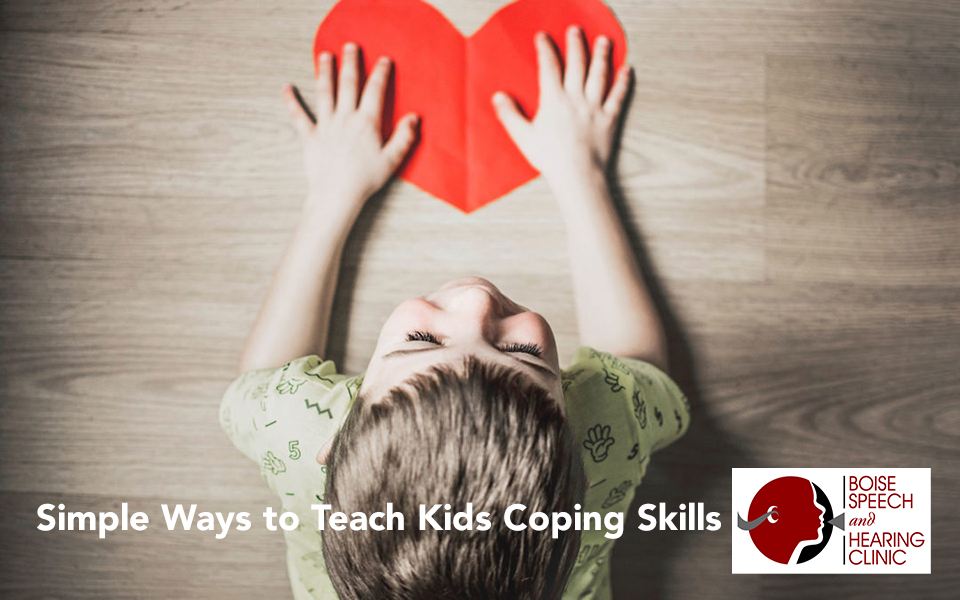Growing up can be a struggle for any child, but when a child has developmental or neurological delays it can be very frustrating. Teaching your child how to cope with those frustrations can make them and ultimately your family life happier.
Give Words to Their Feelings
Help your child understand their emotions. If they are feeling mad, put a name to it by saying, “I see that you are feeling mad about your blocks not stacking nicely. Maybe we can build this tower together.” This gives them the vocabulary so next time they may state their feelings instead of throwing the toys or acting out in other inappropriate ways. This may not happen overnight, but with time and consistency, your child can learn to use their words instead of acting out.
Talk to Them
Another way to help give words to their feelings is just by starting a conversation. Ask them how they feel. If they are not sure you can list off a couple of choices or you can even tell them how you are feeling and why you feel that way.
Role Playing is a great way to teach important skills. We use role playing for everything from talking about our feelings to conflict resolution. The great part about roleplaying is that it can be a lot of fun too. Start by playing a game about emotions. Ask the kids to show you what different emotions, like sad, look like.
When you feel like they understand those concepts, then you can start roleplaying about different situations they may encounter. Ask them to show you what they would do if a friend were sad or if someone hits them. These skills can be so important for making friends and teaching emotional maturity.
Read to them
Books can be a fun and engaging way to teach about emotions and how to deal with them. Here is a list of helpful books:
- Happy Hippo, Angry Duck: a book of moods by Sandra Boynton
- Pout Pout Fish by Deborah Diesen and Dan Hanna
- When Sophie Gets Angry- Really, Really Angry by Molly Bang
- The Way I Feel by Janan Cain
- The Way I Act by Steve Metzger
Acknowledging their Feelings
One of my kids would scream whenever he felt frustrated, especially when he felt like we didn’t understand him. As it turns out, he felt like we weren’t listening. I finally realized through trial and error that it was helpful to tell my child that I hear him, but that I didn’t quite understand what he was saying. When I told him this, he felt like his feelings were validated and that I was doing my best to understand him. He would calm down pretty quickly after that and we would work out what he was trying to say either through me guessing or him showing me what he wanted.
Help them with Transitions
At my house, transitions can be tricky. Moving from one activity to another can be upsetting especially if that particular child is not ready to move to the next activity. Let’s face it, we all have to live on some kind of schedule, it can be a fairly flexible schedule, but doctor appointments and school are rarely flexible so teaching your child this skill can make your day to day life less stressful. Giving your kids warnings can help a lot with this problem.
Hopefully, some of these ideas can help you and your child. Teaching coping skills is not always easy, but the long-term benefits can help your child develop healthy relationships with others and emotional health.
For Additional Reading
How to Say It: Responding When Kids With Learning and Attention Issues are Frustrated
The Do’s & Don’ts to Teaching your Child to Cope
18 Coping Skills for Kids and Teens
Developing Coping Skills: 5 Ways to Help Kids who Struggle with Self-Control


